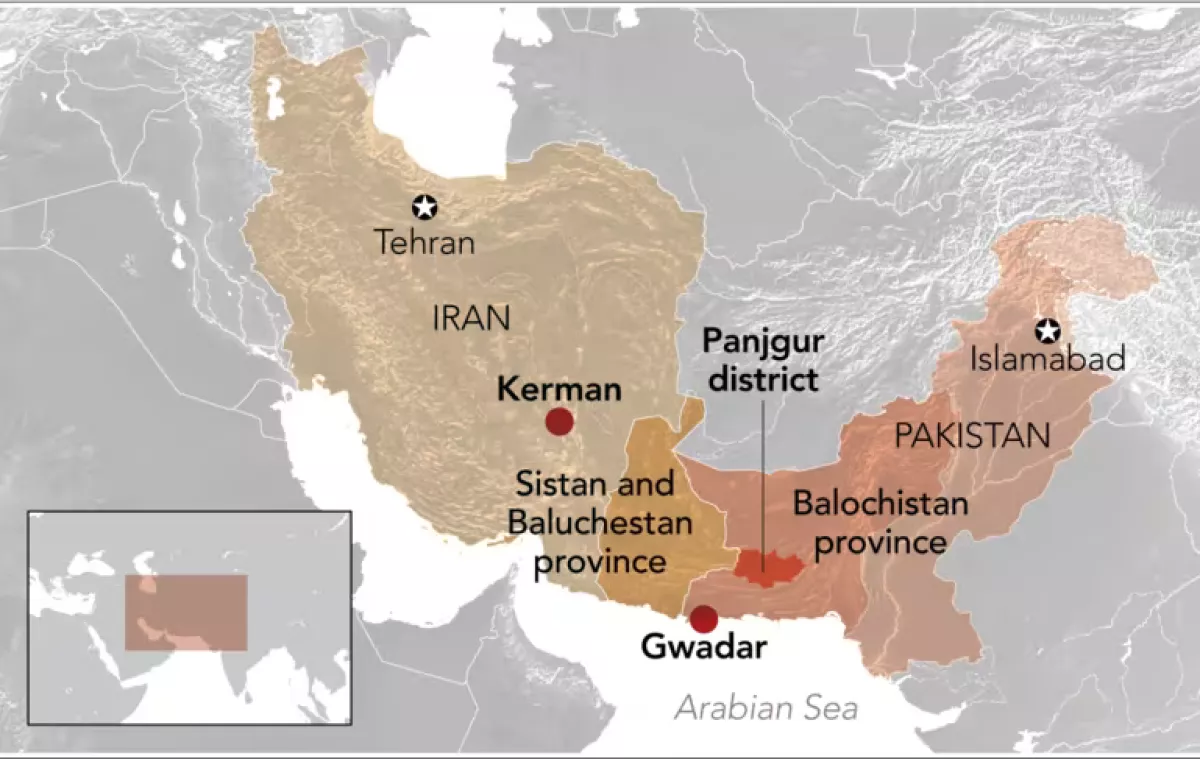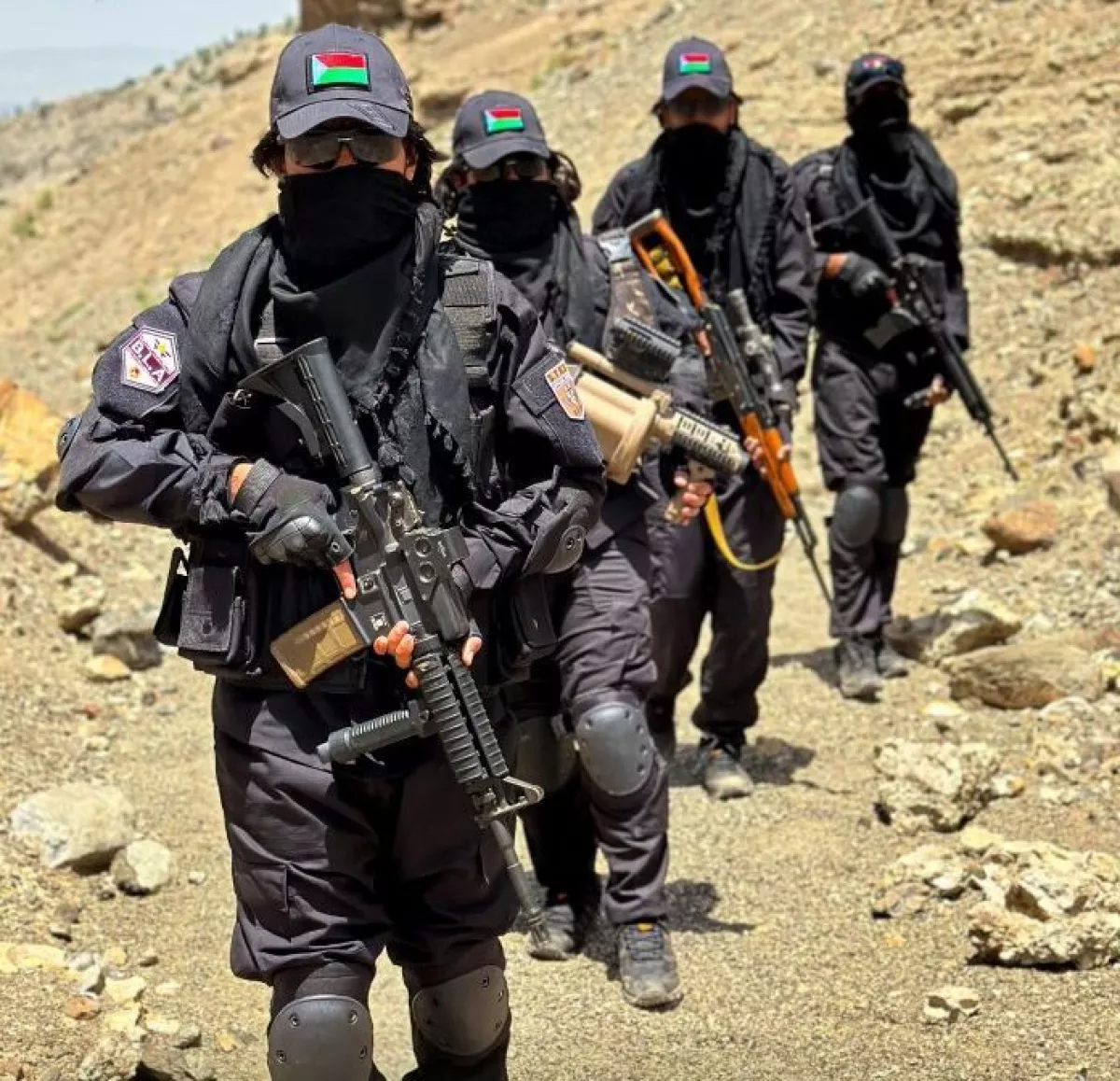What is behind the recent armed escalation in Pakistan's Balochistan province? Dangerous distrust
On August 26, the Balochistan Liberation Army (BLA), a Baloch terrorist organization, perpetrated a deadly terror attack in Pakistan’s Balochistan province, killing more than 70 people. The recent attack was part of a violent series in Pakistan after a while and came amid endless protests in the province against the central government. On the same day, rail traffic with Quetta was suspended following blasts on a rail bridge in the town of Bolan, linking the provincial capital to the rest of Pakistan, as well as on a rail link to neighboring Iran. This year has already seen several earlier attacks in Balochistan, targeting civilians, law enforcement personnel, and state infrastructure.
The long-term tensions on Pakistani-Iranian border areas had been the main headache of Islamabad and even briefly caused border clashes with Iran in January 2024, when the two countries conducted missile attacks on each other soils to tackle the "Baloch insurgency." The Baloch population straddles both sides of the border between Iran and Pakistan. Pakistan has witnessed a surge in militant attacks since the Taliban government returned to power in neighboring Afghanistan in 2021, mostly in the northwestern border province of Khyber Pakhtunkhwa but also in southwestern Balochistan. Moreover, social indicators are poor, and poverty is widespread on both sides of the border despite the region’s mineral wealth.

Viewed in a vacuum, these attacks may seem to be an internal security challenge for Pakistan, though they are insufficient to challenge Islamabad militarily. Nonetheless, in recent years, Pakistan witnessed growing military activity of BLA exclusively on the Iranian border in an attempt to deepen instability, thus triggering more violent tension with Tehran.
On the other hand, the attacks were on a newer scale and demonstrated the insurgents' growing audacity, their robust support network, and their increasing capability to operate with greater freedom. Unsurprisingly, Pakistan has, for many years, blamed India, its archrival, for providing financial support to the secessionists and Iran for allowing them safe hideouts. Although Pakistani security forces possess enough experience and resources to quell BLA militants, it has not that many regional partners in this regard, except China.
Hence, China was quick to condemn the attacks, saying it has prepared to enhance counterterrorism and security cooperation with Pakistan to jointly uphold regional peace and security. Consequently, China’s interest in assisting Pakistan against BLA sounds rational considering Beijing’s flagship project, China-Pakistan Economic Corridor (CPEC), running through Pakistan but marred by violent insurgency of BLA conducting deadly attacks on Chinese workers and engineers in the region. The CPEC is a part of Beijing's ambitious Belt and Road Initiative (BRI) program and is aimed at boosting infrastructure upgrades and the economic development of Pakistan amid the shrinking economy and rising foreign debts. However, the Pakistani authorities failed to ensure the full safety of CPEC routes and foreign workers for many years, significantly overshadowing its future perspective.

For example, Pakistani Prime Minister Shehbaz Sharif said that the separatists wanted to disrupt China-Pakistan Economic Corridor (CPEC) development projects, which aim to expand Beijing's presence in Pakistan and across Central and South Asia and counter the influence of the United States and India in the region.
Notwithstanding the limitations of BLA in conducting a large-scale offensive against Pakistan, the rising activity of Baloch militants is alarming and stirs serious security concerns. The unprecedented casualties suggest that the BLA slightly adjusted its strategy against Islamabad and is likely to receive foreign assistance, allegedly from Iran and India. However, this indicates that the use of force by the state in Balochistan in the last two decades is not practical. It is backfiring and worsening the situation.
In this vein, Pakistan will likely tighten its grip on Balochistan province and Baloch activists in the mid-term, even though it will yield temporary results. Simultaneously, it is unlikely that Pakistan will boost counterterrorism efforts with neighboring Iran in light of indirect accusations but will rely more on China as the main security partner and sponsor.








